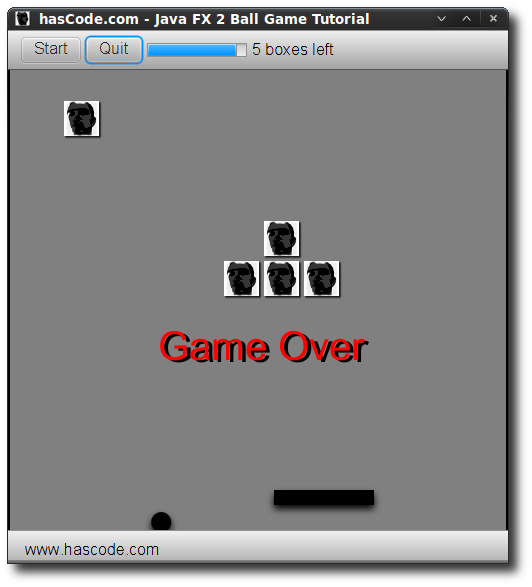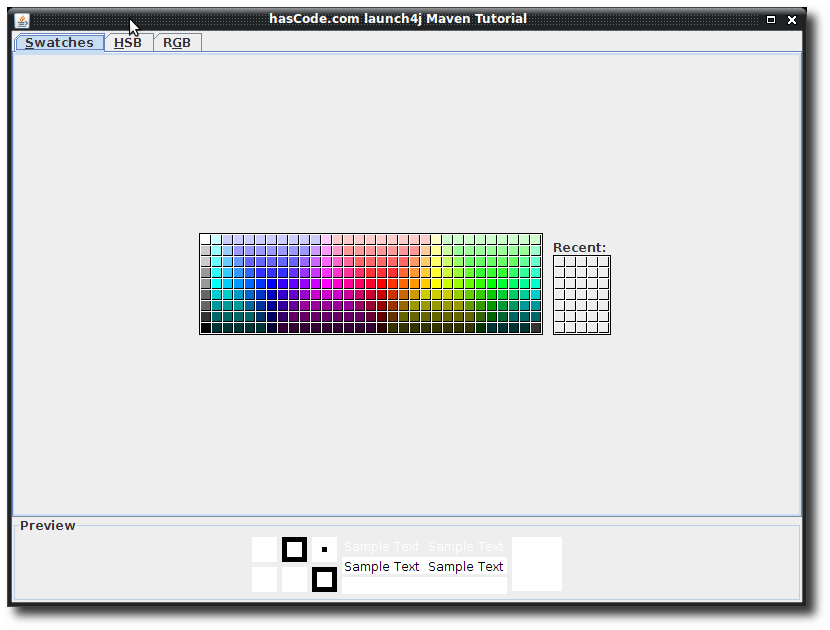Filtering Source Files using the Templating Maven Plugin
The Templating Maven Plugin looks useful if one needs to copy and to filter source files in a project e.g. to add property values from the build environment to a class. For a short demonstration I’ve added the following short snippet. Dependencies Only one dependency needed .. simply add the following snippet to your pom.xml <build> <plugins> <plugin> <groupId>org.codehaus.mojo</groupId> <artifactId>templating-maven-plugin</artifactId> <version>1.0-alpha-3</version> <executions> <execution> <id>filter-src</id> <goals> <goal>filter-sources</goal> </goals> </execution> </executions> </plugin> </plugins> </build> ...



